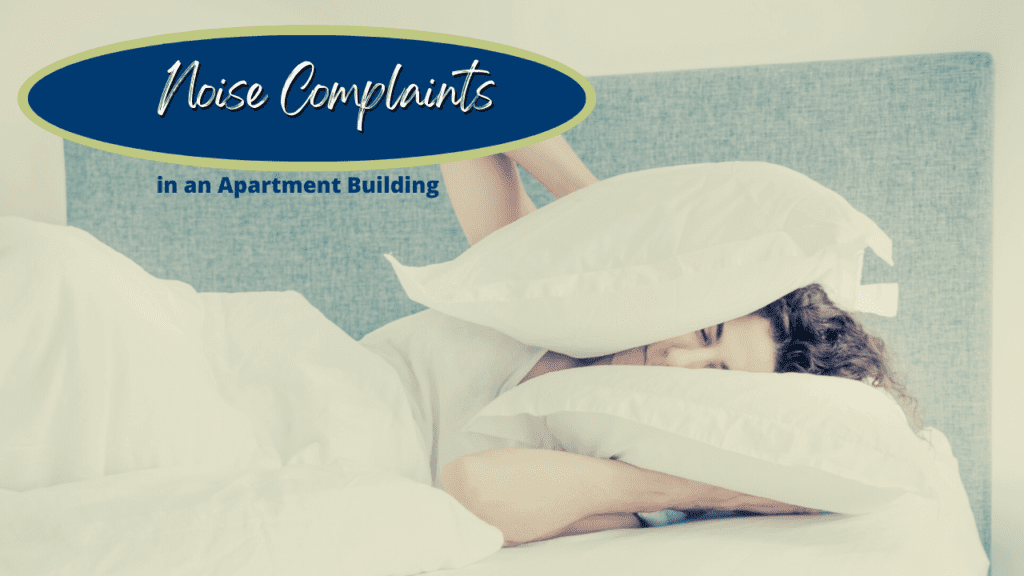
Apartment buildings don’t quite provide the same level of privacy and solitude as single-family homes. If you’re renting out a building, you may spend some time managing disputes between tenants who share walls, hallways, and common areas.
The most common complaints you’ll likely receive are around noise.
No tenant will want to deal with noisy apartment neighbors. You’ll hear complaints about music and movies that are too loud, barking dogs, screaming children, or loud parties that are running late.
What’s the best way to deal with these complaints in your Dayton multifamily rental property?
Dayton Property Management and Lease Agreements
A good noise policy starts with documented rules in your lease agreement. A quiet hours policy will let all your tenants know that noise won’t be tolerated from 10:00 p.m. until 8:00 a.m., as an example. Your lease can state that quiet hours exist to eliminate disturbances for tenants in the building. Putting this in the lease agreement establishes expectations. Noise complaints that come in during the established quiet hours will demonstrate that a particularly loud tenant is violating the lease agreement.
Not all noise complaints will violate the quiet hours policy, but it’s a good place to start. Your lease can also put forth the expectation that tenants are respectful to their neighbors when it comes to music, television, and pets.
Document the Noise Complaint
The tenant who is filing a noise complaint with you wants to be heard. Don’t brush off their dilemma or tell them to deal with it. Listen. This will help you maintain a positive and professional relationship with your residents and it will show your tenants that you care about their comfort and the quiet enjoyment of their property that they deserve.
You might find that several tenants are complaining about the same noise. This will strengthen the argument you may have to make with the offending tenant, so document everything. Gather the following pieces of information:
- Where the noise is coming from. You’ll want to know for sure which apartment is causing the noise. Vague ideas that the loud music is at the end of the second floor will not help. Get an apartment number and confirm that with others or by yourself.
- When did the noise occur? If it is a re-occurring problem, make sure you document that.
- What kind of noise is the tenant hearing?
- Has anyone reached out to the tenant to communicate about the problem?
The more information you can include on your noise complaint report, the better. Details are important.
Talking to the Noisy Dayton Tenant
 You can encourage your tenants to have a neighborly conversation with the tenant who is being loud. It’s possible that tenant doesn’t even realize it. Not all tenants will feel comfortable with this, however, and you don’t want an already tense situation to escalate.
You can encourage your tenants to have a neighborly conversation with the tenant who is being loud. It’s possible that tenant doesn’t even realize it. Not all tenants will feel comfortable with this, however, and you don’t want an already tense situation to escalate.
You can reach out to the tenant yourself and ask them to be more mindful of their noise. Or, you can put things in writing. Let the tenant know that you’ve received complaints about noise. Include the details of the noise reports you’ve collected and highlight the lease section that addresses noise and expectations of quiet.
Police can get involved and an eviction can be pursued, but these are things you should only do if the tenant is completely uncooperative and unwilling to comply with your lease agreement and turn down the noise.
If you’d like some help managing tenant noise complaints, we can work with you on establishing better policies that serve all your tenants. Contact us at ManCo Property Services when you have any questions about Dayton property management.
